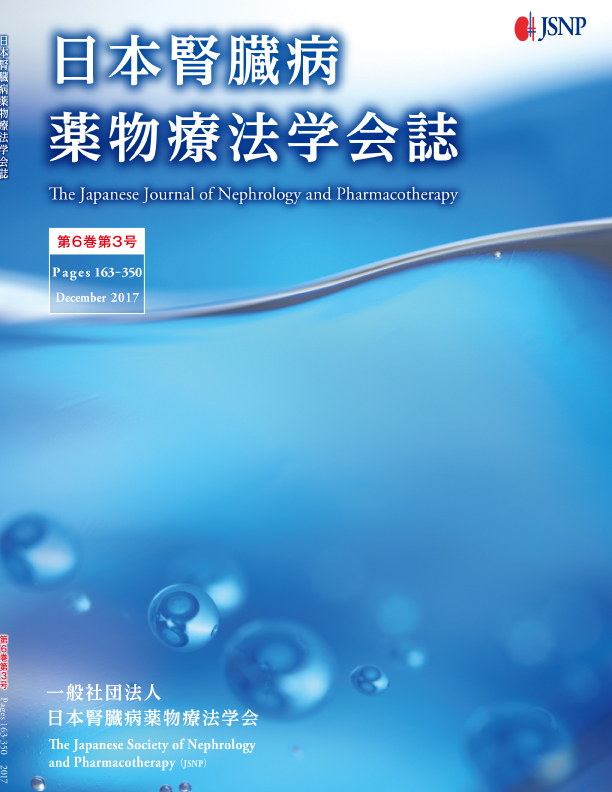Volume 12, Issue 2
Displaying 1-7 of 7 articles from this issue
- |<
- <
- 1
- >
- >|
Original Article
-
2023 Volume 12 Issue 2 Pages 189-195
Published: 2023
Released on J-STAGE: September 23, 2023
Download PDF (889K)
Case Report
-
2023 Volume 12 Issue 2 Pages 197-201
Published: 2023
Released on J-STAGE: September 23, 2023
Download PDF (747K)
Feature Article
-
2023 Volume 12 Issue 2 Pages 203-204
Published: 2023
Released on J-STAGE: September 23, 2023
Download PDF (571K) -
2023 Volume 12 Issue 2 Pages 205-208
Published: 2023
Released on J-STAGE: September 23, 2023
Download PDF (668K) -
2023 Volume 12 Issue 2 Pages 209-211
Published: 2023
Released on J-STAGE: September 23, 2023
Download PDF (614K) -
2023 Volume 12 Issue 2 Pages 212-217
Published: 2023
Released on J-STAGE: September 23, 2023
Download PDF (1070K) -
2023 Volume 12 Issue 2 Pages 218-221
Published: 2023
Released on J-STAGE: September 23, 2023
Download PDF (751K)
- |<
- <
- 1
- >
- >|
